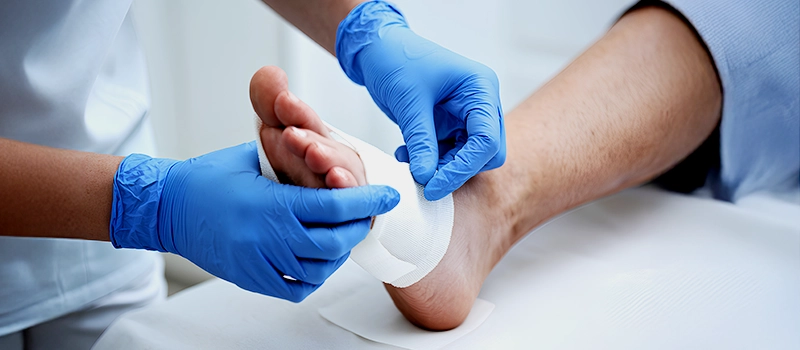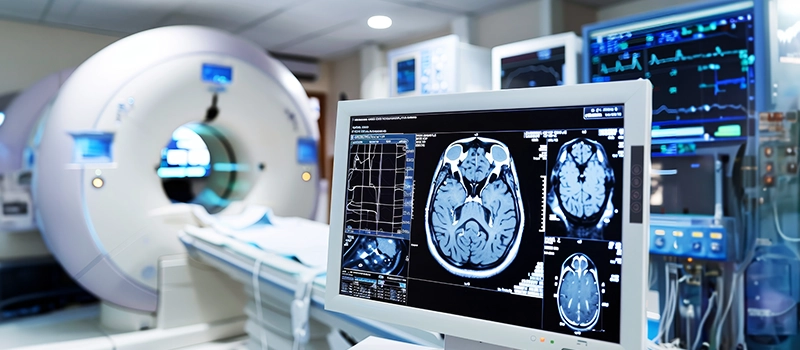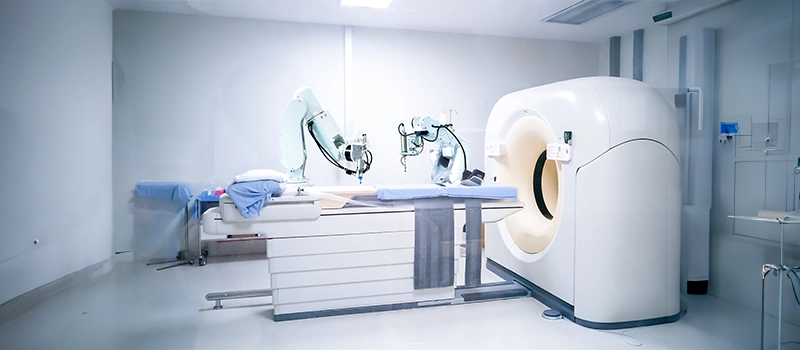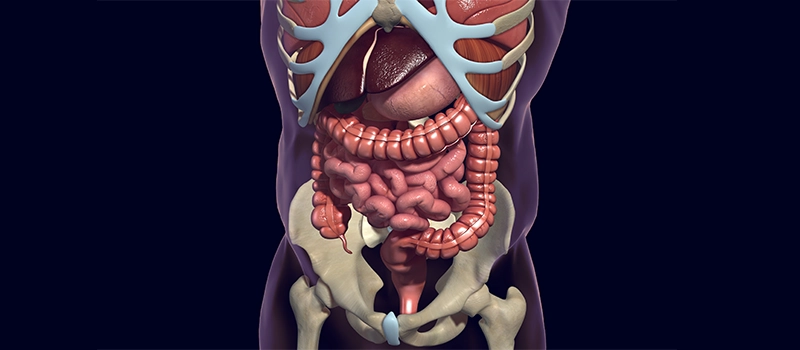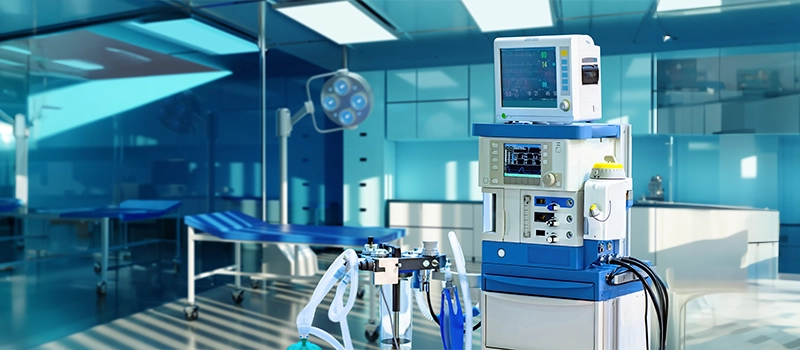
The Ultimate Guide to MRCS Part B Exam
Intercollegiate MRCS Part B is an Objective Structured Clinical Exam (OSCE) and is a part of the Membership of the Royal Colleges of Surgeons (MRCS) qualification. It is a challenging exam designed to assess the clinical knowledge and skills of candidates who have successfully completed MRCS Part A.
Getting awarded with the Membership of the Royal College of Surgeons is a prime reason for taking the MRCS examination. Additionally, passing the MRCS Part B exam is an important step in your surgical career. It will allow you to apply for higher levels of surgical training, such as specialist registrar training. It will also give you a competitive advantage when applying for surgical jobs.
MRCS Exam Eligibility
The prime eligibility criterion to sit in the MRCS exam is a medical degree. Also, the degree must be acceptable to the UK General Medical Council (GMC) or the Medical Council in Ireland for full or provisional registration.
If you are a first-time applicant, then you are required to submit your original certificate of a medical degree acceptable to the councils of the four colleges to get registered with GMC or Medical Council (Ireland).
You can go for MRCS Part B only after passing the MRCS Part A exam.
Exam Format
MRCS Part B is an objective structured clinical exam that comprises 18 examined stations, each of 9 minutes duration. OSCEs involve a series of stations where candidates are presented with clinical scenarios and are required to demonstrate their examination, communication, and decision-making skills. Viva examinations involve verbal questioning on various aspects of surgery.
The main content areas assessed at these stations are:
Applied Knowledge: It includes anatomy, surgical pathology, applied surgical science, and critical care.
Applied Skills: It include communication skills in giving and receiving information, history taking, and clinical & procedural skills.
The ‘Knowledge’ and ‘Skills’ sections of the OSCE must be passed in a single sitting. You will have to re-sit for part B if you fail in any of the two sections.
How OSCE is Conducted?
The OSCE consists of a series of stations in a circuit that you need to rotate around.
You must complete a task that has been specifically stated at each station.
MRCS OCSE may include doing a focused history or clinical examination, analyzing an X-ray, or performing a practical procedure in a simulated setting.
One minute is given to move from one station to another and 8 minutes to complete a task. This also facilitates the completion of your mark sheets by the examiners and helps the patient or simulated patient get ready for the next candidate.
You will be given explicit instructions at each station that include a brief description of the situation and the task that needs to be performed.
Make sure you introduce yourself at each station, state the objective of the task, verify the patient’s identity, and obtain their consent before doing any necessary tasks.
You should always wash your hands both before and after dealing with patients with the supplied alcohol-based hand gel.
Exam Dates
You can only apply to one Royal College of Surgeons at a time.
| MRCS Exam | Examination Slot Dates | Application Closing Date | Fee | Exam Location |
|
UK and Ireland Exams |
03 Feb 2024 to 18 Feb 2024 | 16 Nov 2023 | £1047.00
|
London, UK
Glasgow, UK |
| 04 May 2024 to 19 May 2024 | 29 Feb 2024 | £1047.00
|
Sheffield, UK
London, UK Glasgow, UK |
|
| International Exams | 28 Feb 2024 to 08 March 2024 | 07 Dec 2023 | £1047.00
|
Cairo, Egypt |
Note: The MRCS Part 2 exam at the Cairo and New Delhi centres will be conducted in the hybrid mode, i.e., at some stations, you will be examined by an examiner on a video call.
Steps to Book an MRCS Part B Exam
To book an MRCS Part B exam, you are required to visit the official website of the Royal College of Surgeons or the website of the particular RCS college you need to book an exam. Then, go to the Intercollegiate MRCS Part B exam and click on the ‘Book Online’ option provided with the exam date and details. After that, you must sign in with your login credentials. Fill in all the required details and upload documents, wherever required. At last, pay the fee as per your exam country and centre.
Number of Attempts
You have a chance to attempt the MRCS exam Part B four times, i.e., you have four attempts to qualify for Part B MRCS exam. There is a possibility that one additional attempt may be granted under the Additional Attempt Policy.
GMC recommends to complete the MRCS exam process within a time period of 7 years.
Syllabus
The content of the MRCS exam is based on the Intercollegiate Surgical Curriculum Programme (ISCP) syllabus. It is important to be familiar with the syllabus to ensure comprehensive preparation. The MRCS Part 2 syllabus involves four major content areas and four domains which cover the knowledge, competencies, skills, and professional traits of a surgeon.
Four major content areas are:
- Anatomy and surgical pathology
- Applied surgical science and critical care
- Clinical and procedural skills
- Communication skills
Four main domains are:
Domain 1: Knowledge skills and performance
Domain 2: Safety and Quality
Domain 3: Communication partnership and teamwork
Domain 4: Maintaining trust
MRCS Exam Result and Candidate Feedback Form
To pass the MRCS Part B exam, you need to demonstrate a solid understanding of surgical principles, effective clinical skills, and the ability to apply your knowledge in a practical setting. Examiners fill out the ‘Candidate Feedback Form’ which is basically an evaluation sheet. Examiners are guided in allocating marks by generic descriptors, which are used to identify and award a mark for each domain using a standardized mark sheet.
The candidate feedback form has four tables,
Table 1: Overall OSCE result (marked as PASS or FAIL).
Table 2: OSCE Marks
Table 3: Content Areas
Table 4: Domains
Every single station is evaluated in two different ways.
- a mark is awarded for each station and assessed domain.
- an overall judgement is given as pass, borderline, or fail.
As a result of the evaluation, the candidates will receive an overall performance rating and a grade out of 20 for each station. Then, using a recognized technique called ‘Borderline Regression Methodology’, the marks and global ratings are used to create the overall pass mark for each station. Although, there are no overall pass marks as a whole.
Tips for Preparing for the MRCS Part B Exam
The following are some of the reliable MRCS preparation tips:
Revision resources: Enrolling in good online revision resources will provide an edge to your MRCS preparation and also cover the entire syllabus of the exam.
Practice OSCEs: Practice OSCE questions as much as possible and solve mock exams that can help you get used to the format of the actual exam.
Self-study: There are several textbooks and resources that you can use to study for the exam.
Start preparing early: The MRCS Part B is a challenging exam, so it is important to give yourself plenty of time to prepare.
Make a study plan: Break down the syllabus into manageable chunks and create a study plan that will help you cover all the study material and syllabus.
Practice, practice, practice: The best way to prepare for the MRCS Part B exam is to practice, practice, and practice. There are a number of different platforms that offer practice OSCEs, so find one that is right for you.
Get support: Preparing for the MRCS Part B exam can be stressful, so it is important to get support from your friends, family, and colleagues.
Prioritize health: Take a good diet and a proper sleep. It is crucial to take care of your health so that you can focus on preparation and create a work-life balance.
Related post










